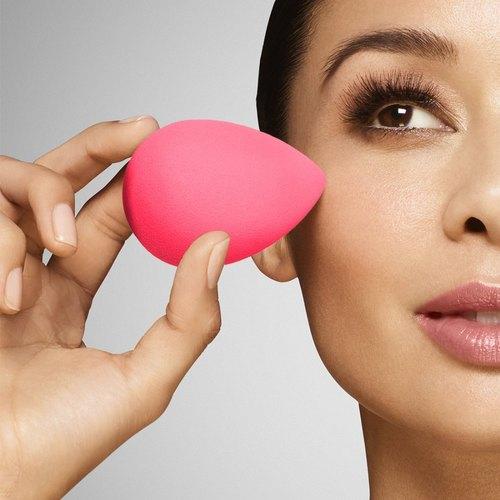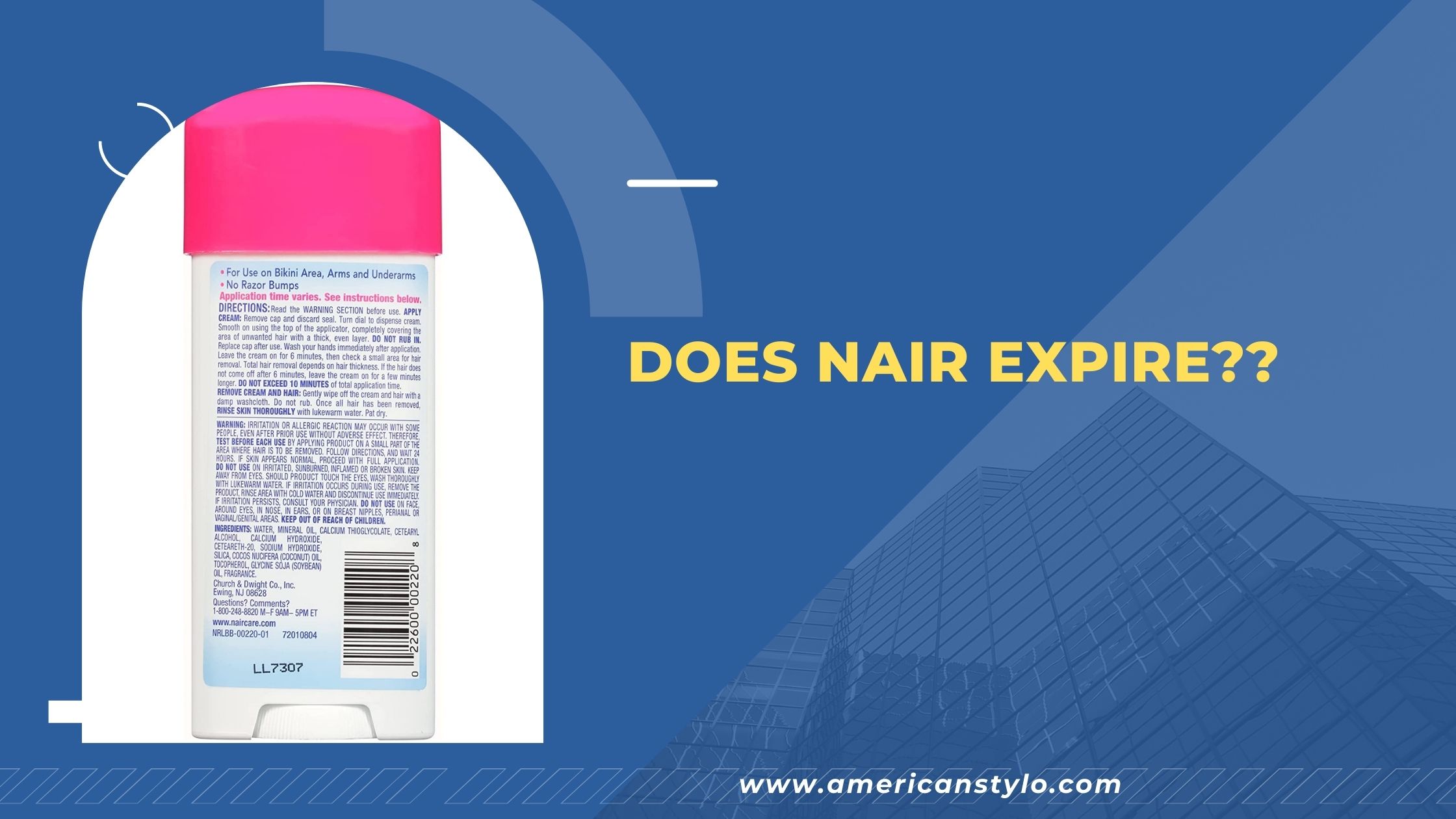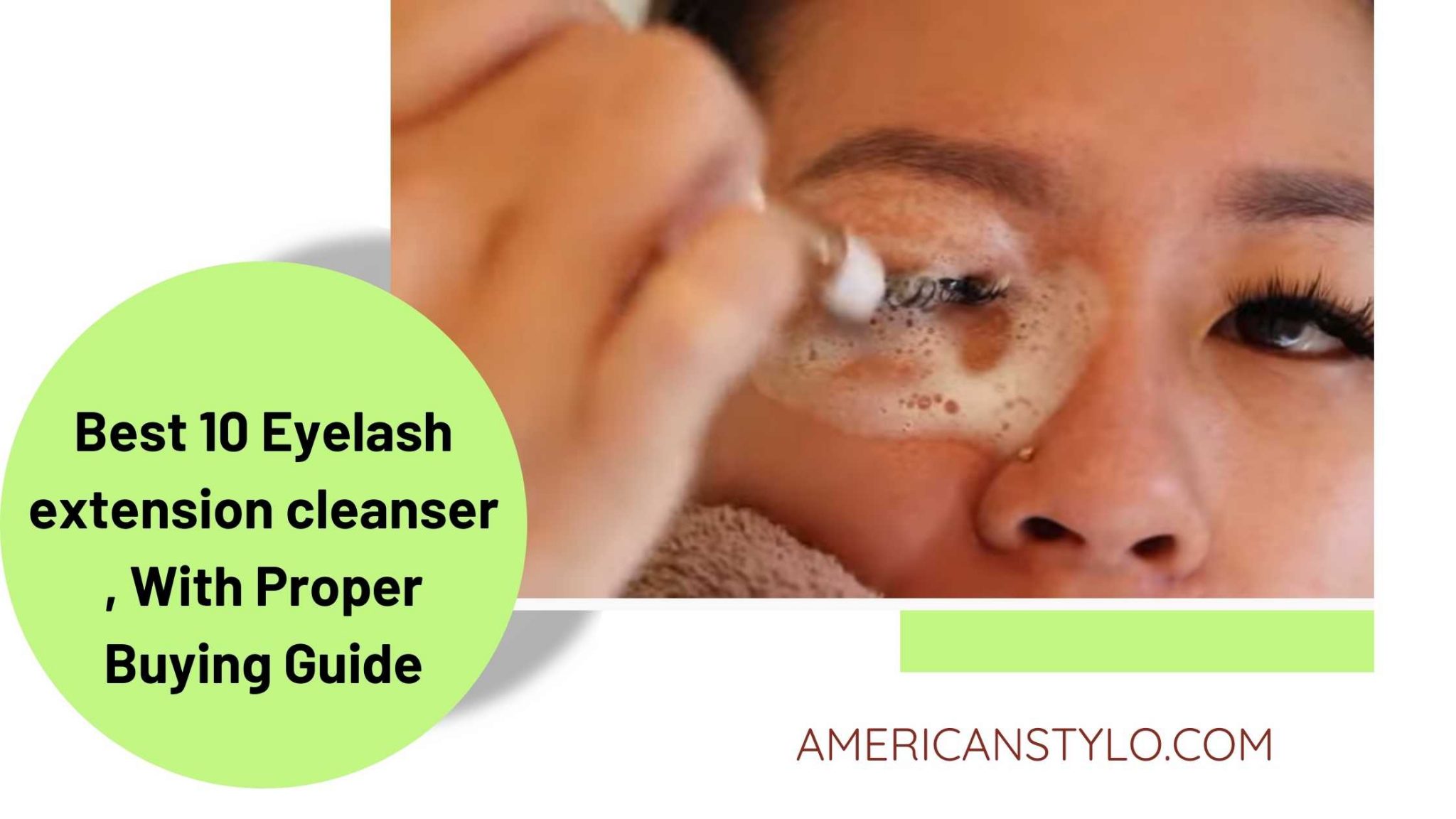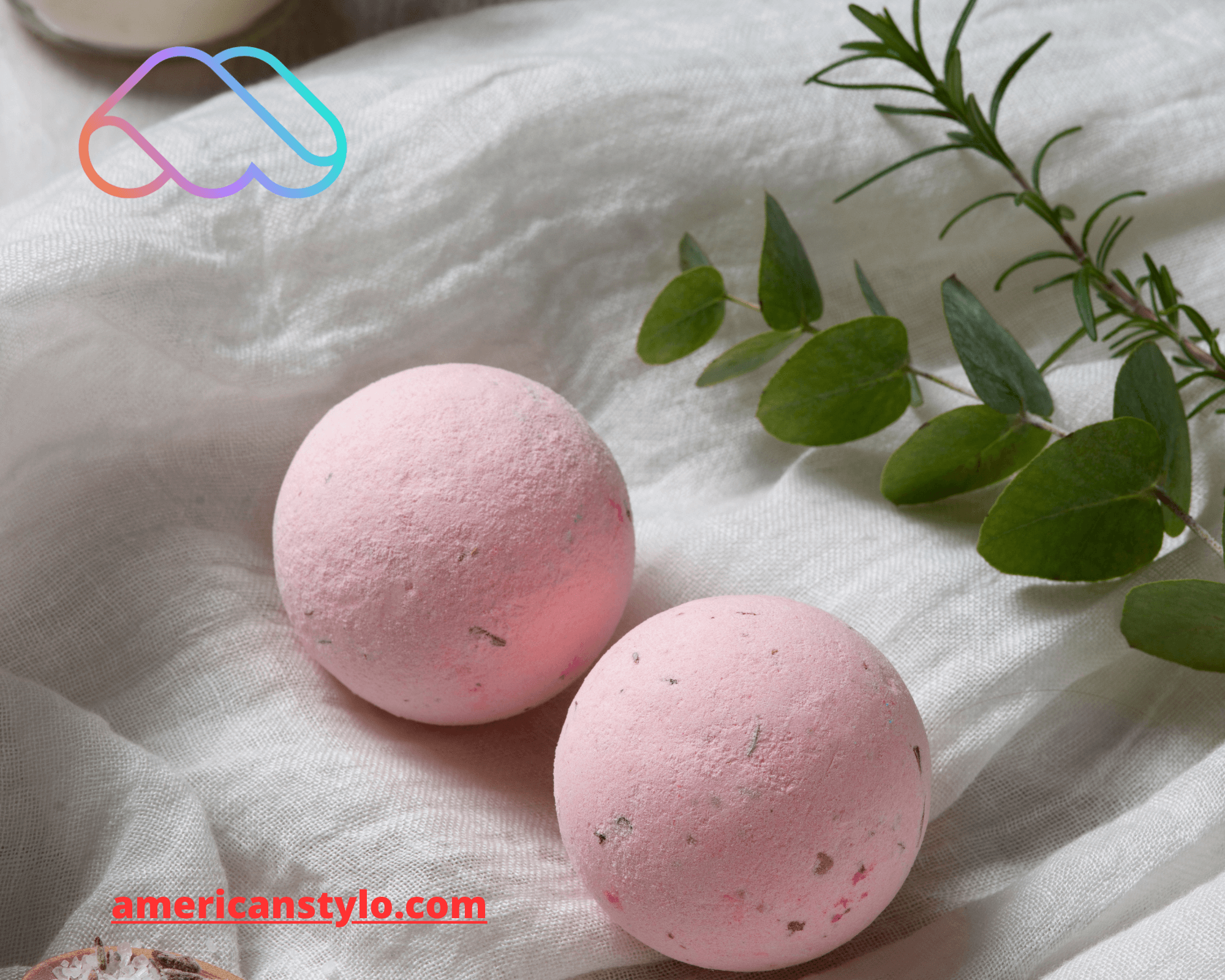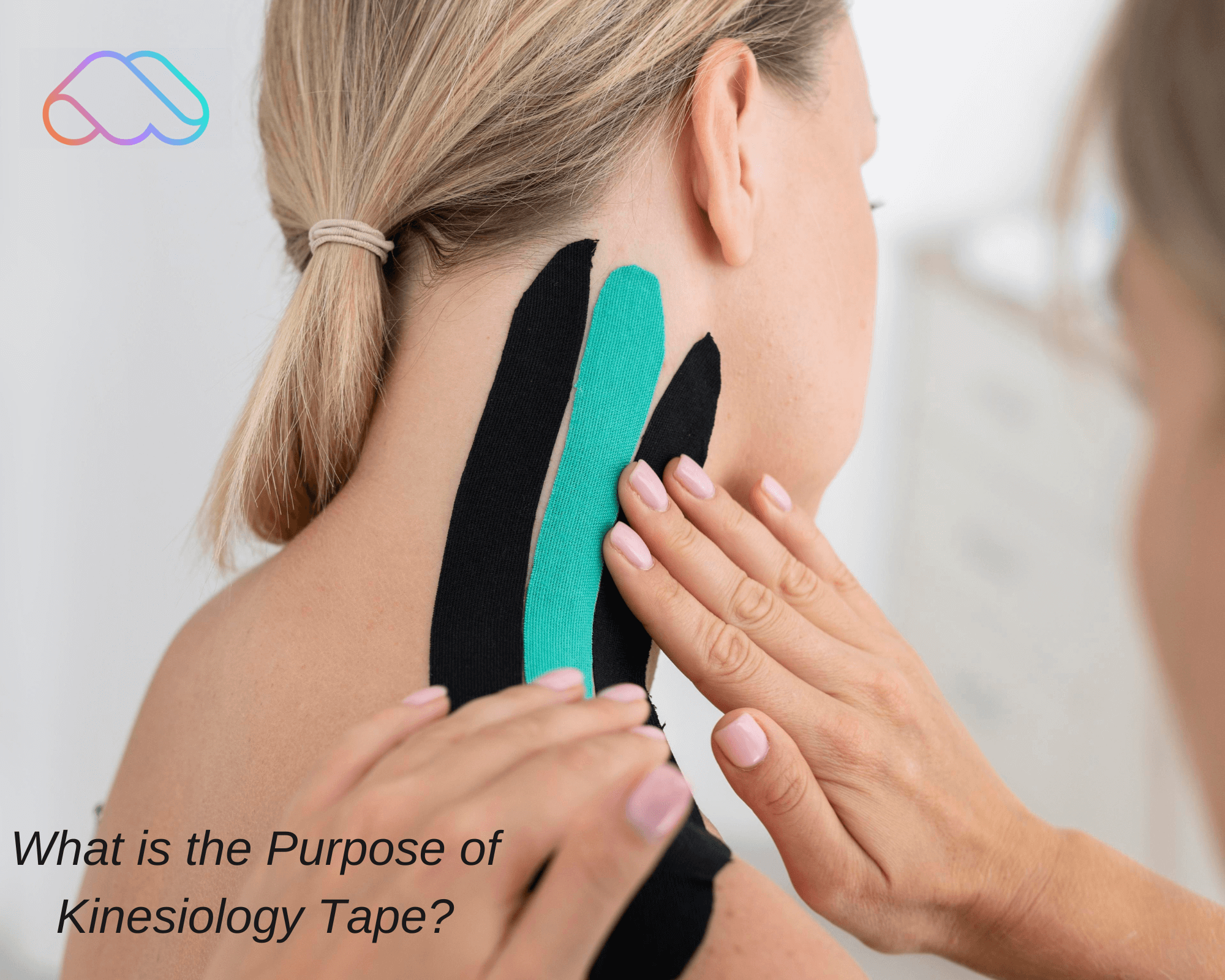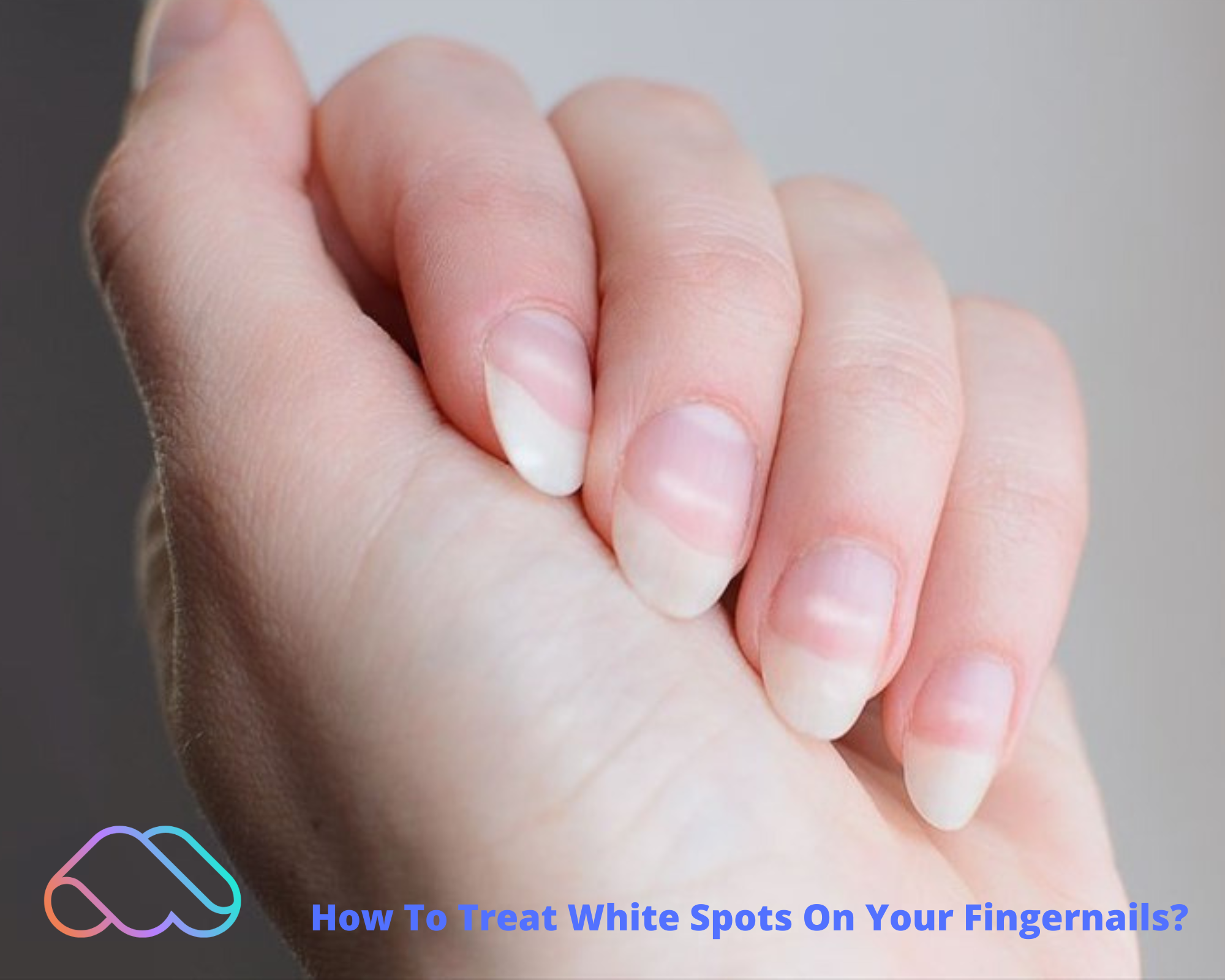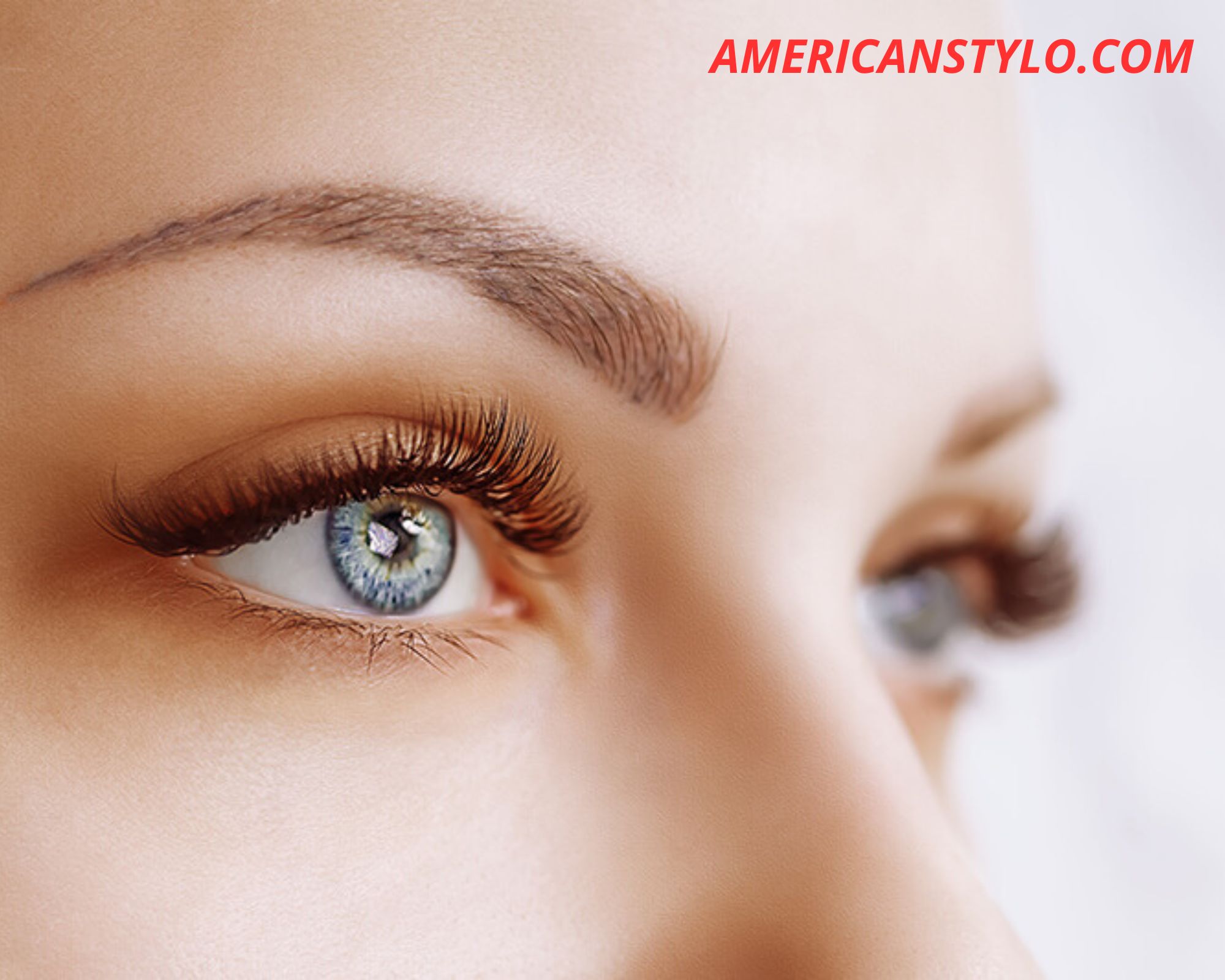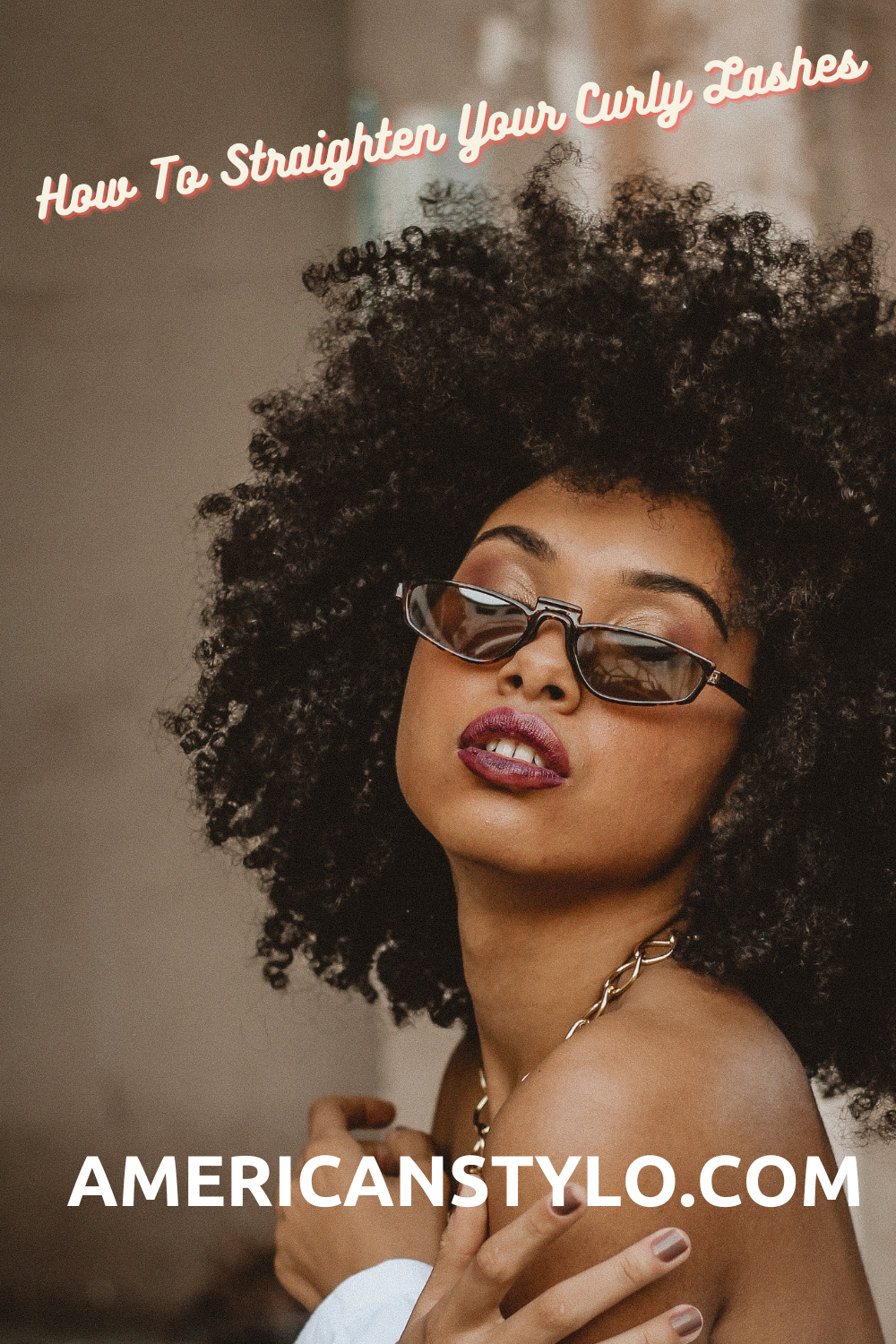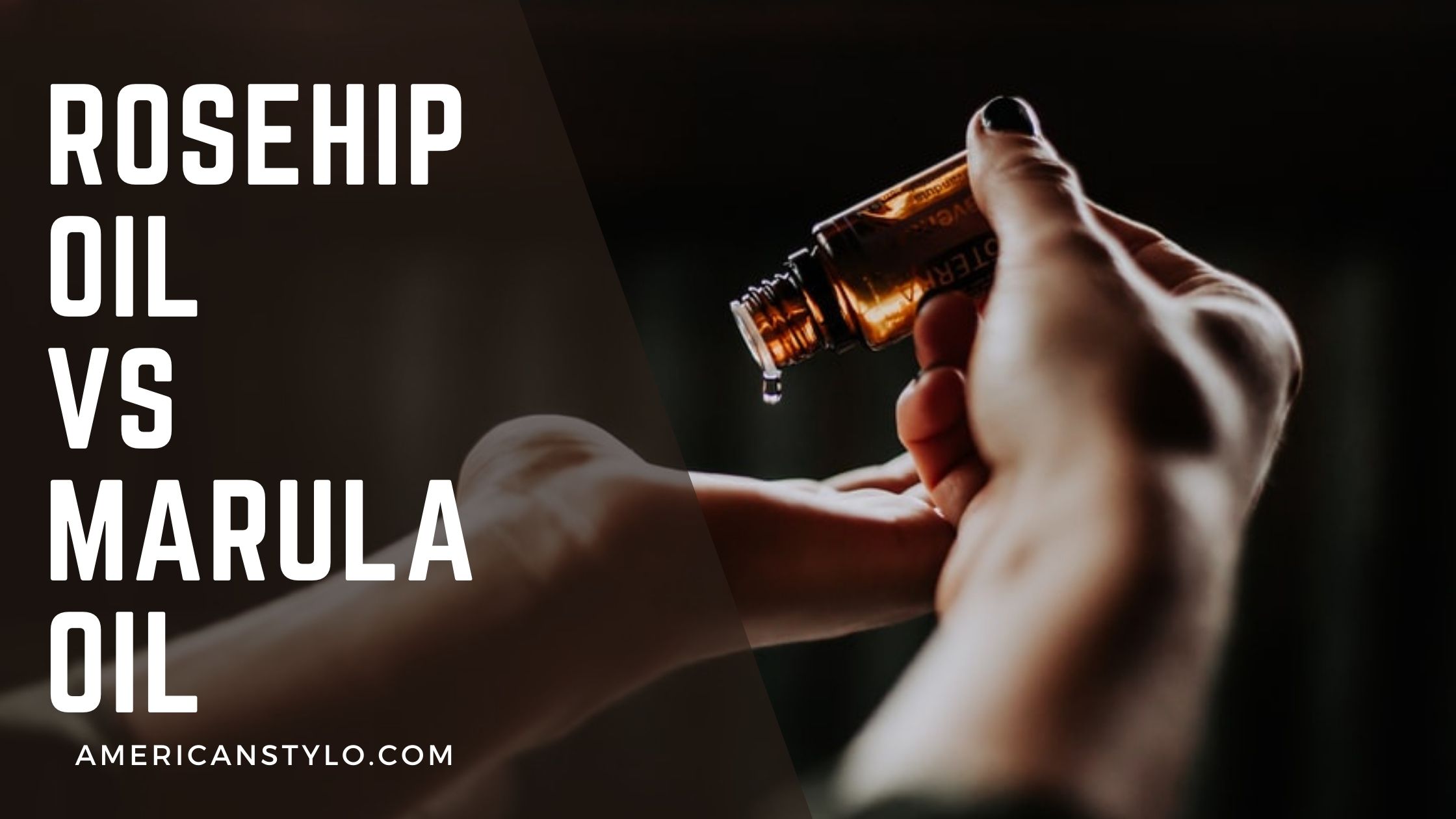
Although oils have been used in skin care for centuries, big brands like Drunk Elephant and The Ordinary have made them more popular in recent years. Marula Oil and Rosehip Oil are two of the most popular oils on the market today. Even though both oils are excellent for the skin, there are some differences between them. Rosehip Oil vs Marula Oil, the advantages, differences, and how to choose the best for your skin will be discussed in this post.

What are Facial oils?
You should know what oil is and why they’re used in skincare before comparing Rosehip Oil vs Marula Oil. Fatty acids are found in plants and some types of nuts, and oils are byproducts of this process. These fatty acids are what give oils their unique qualities and make them effective as a skincare product.
Fatty acids and oils are produced by our skin on a natural basis to aid in the reduction of water loss and the maintenance of healthy skin. The number of fatty acids and oils produced by our skin might be reduced by variables such as ageing and other environmental factors. So, face oils come into play here!
They are used to maintain the skin’s hydration and prevent dehydration and dryness by balancing the skin’s moisture levels.

Why should you use oils in your skincare?
Facial oils have the following advantages:
- Your skin stays hydrated and plump by using an oil-based moisturiser.
- Facial oils repair the skin’s barrier. Some oils can aid in this process.
- Because oils keep the skin hydrated and firm, they can reduce the appearance of wrinkles and fine lines.
- Some oils contain antioxidant capabilities, making them excellent candidates for protecting your skin from injury while you’re out and about.
- The antibacterial characteristics of some oils can be used to treat and prevent acne.
- Various oils can aid to calm the skin and reducing swelling due to their anti-inflammatory characteristic.
- Oils can be used to counteract excessive oiliness or excessive dryness on the skin.
- Oils produce a smooth, even surface that is ideal for applying makeup.
Let’s move to Rosehip oil vs Marula oil now that we know what facial oils are.

Marula Oil
Trees in southern Africa’s Marula region produce the oil known as Marula or Sclerocarya Birrea Seed. It derives from the fruit of the Marula tree, which is grown on their property. Because of its high content of antioxidants like vitamin C and E, this oil is particularly popular in the cosmetics industry. Fatty acids and amino acids included in Marula oil can aid in the hydration and repair of the skin’s barrier.
Marula Oil’s health benefits
Moisturization:
Moisturising Marula oil can help draw water into the skin to maintain it supple and full of life.
Provides hydration:
This face oil is extremely hydrating and lightweight because of its fatty acid composition.
It is occlusive
It can also function as an occlusive, preventing transepidermal water loss and enhancing the efficacy of your skincare products.
Antioxidant properties
Those who are concerned about premature ageing and skin damage can benefit greatly from the antioxidant capabilities of Marula oil. Vitamin C and Vitamin E, two antioxidants, are found in abundance in this product. Collagen formation can be aided by vitamin C as well, resulting in smoother, more youthful-looking skin.
What is Marula oil good for?
A good choice for those with dehydrated and/or dry skin. Every day, morning and night are all acceptable times to use Marula oil. Moreover, you must look for cold-pressed, 100 percent pure Marula oil for maximum benefits.
Drunk Elephant Virgin Marula oil
Consumers trust Drunk Elephant because of the company’s reputation for creating luxury-style products of high quality at reasonable rates. The proprietary procedure to obtain the Marula oil in this item doesn’t utilise any chemicals or heat that could change the structure or significantly limit its vast range of advantages. This oil also helps other components better absorb and it penetrates swiftly. The Drunk Elephant Marula oil is suitable for all types of skin, even those with sensitive skin.
Shea Terra Marula oil
Marula oil made from pure Marula fruit is also available from Shea Terra. It’s all-natural, cold-pressed, wild-harvested Marula oil. SLS, parabens, sulphates, phthalates, alcohol, and synthetic perfumes are not included in this product. All of it is absent from this brand.
Acure the essentials Marula oil
Acure Marula Oil has been hailed as the greatest Drunk Elephant Marula Oil dupe. It’s cheap, smooth, and effective. Flaky skin and wounds benefit from this oil’s high concentration of Omega fatty acids, antioxidants, and other vitamins. You’ll be able to afford to slather it on, too, because it’s so much less expensive. Due to the potential for oil spillage, the pump container is a bonus point for us.
The Ordinary 100% pure Marula oil
Marula Oil from a reputable source at a cheap price. It’s a creamy, luscious oil that will have your skin looking simply shining. It felt and smelled amazing when it got out of there! Cold-pressed virgin African Marula oil’s antioxidant strength makes it ideal for both daytime protection and nighttime restoration of the skin.
Pure body naturals Marula oil
This oil has got you covered! Instant treatment for dry or sensitive skin is provided by this non-greasy, velvety-feeling oil. Marula Oil supports the basis of healthy radiant skin delivering nutrients required for preserving suppleness while hydrating dry skin.
Virgin Marula Luxury Facial Oil

VIRGIN MARULA LUXURY FACIAL OIL. Straight from the pip of the marula fruit, Virgin Marula Oil is untouched by chemicals or fragrances. This luxurious oil reduces fine lines, wrinkles, redness, and blotchiness, while improving your skin’s elasticity.
Sdara skincare Marula oil
Sdara’s unique bargain includes a derma roller in addition to the Marula oil, which is already very easily absorbed into the skin (at extra cost). Using it before applying the oil helps increase blood flow and open pores. Your skin will be primed for the benefits of Marula oil after using this product.
How to use Marula oil?
- For hands: Marula oil can be massaged into your hands and cuticles for soft skin and beautiful nails that are strong and long-lasting.
- For face: In the evening, apply a little coating of Marula oil on your face, then sleep on it. In days, as the fatty acids work to balance out your natural sebum production, you should start to observe an improvement.
- For hair: Add a few drops of Marula oil to your conditioner and leave it on your hair for 10 minutes while you wash or bathe. When used daily, this will help to restore the hair’s moisture barrier.
Rosehip oil?
Known as Rosehip Seed Oil or Rosehip Oil, the Rosehip seed oil is extracted from the seeds of wild rose bushes. Dry oils, like Rosehip oil, are non-greasy and light in comparison to richer oils like olive oil, making them ideal for use on the skin. Rosehip oil is popular because it absorbs quickly into the skin and does not leave a greasy behind.
Because of its high concentration of antioxidants, it’s a popular choice for skincare for a lot of people. Because of its light texture and ability to reduce acne scars and hyperpigmentation, this oil is especially popular among oily and acne-prone skin types.
Rosehip Oil’s advantages
Powerful Antioxidant
As a powerful antioxidant thanks to its high concentration of Vitamin C, Rosehip oil helps keep skin looking young by preventing free radical damage that could otherwise cause premature ageing.
The Rosehip seed oil contains a high concentration of vitamins C and A, which work together to lighten and even out the skin’s tone and minimise the appearance of dark spots.
Assists the body in healing
Known for its therapeutic powers, Rosehip oil contains high quantities of antioxidants, fatty acids, B vitamins, and Vitamin A, C and E in addition to Vitamin B6 and B12.
Anti-ageing treatment
Rosehip oil has hydrating properties and Vitamin A, which increases collagen formation, which helps diminish fine lines and wrinkles.
Inflammatory-fighting
This oil has a relaxing effect and can aid in the reduction of skin inflammation.
Fights Acne
By destroying the germs that cause acne, Rosehip oil has antibacterial effects.
Hydration
This oil is extremely hydrating and moisturising because of its high fatty acid content. Hydration and plumpness are maintained by the fatty acids in the cells.
Exfoliation
Rosehip seed oil’s high Vitamin A content makes it an excellent exfoliant for improving skin tone, texture, and radiance.
When to use Rosehip oil in a skincare routine?
Rosehip oil is best for people with oily, acne-prone, or mixed skin. It is best to use Rosehip oil every day, morning and night. It is preferable to look for cold-pressed, 100 percent pure Rosehip oil.
The Ordinary Rosehip oil
This facial oil feed protects and brightens the skin with 100 percent pure Rosehip Seed Oil. As a result of the cold-pressing technique, this oil retains all of its beneficial properties at a very low cost.
Radha Beauty Rosehip oil
Rosehip oil is cold-pressed from 100% pure, certified organic, fragrance-free Rosehips. When it comes to blemish-prone skin, pure Rosehip oil like this one does wonders for hydration, soothing, and brightening. For extra moisture, you can use it on its own, or you can blend it with your favourite serum or lotion.
Teddie organics Rosehip seed oil
Teddie Organics is another excellent source of cold-pressed, 100 percent pure Rosehip oil. It’s a good deal, too, with a lot of positive feedback. This organic choice helps to reduce the appearance of fine lines and wrinkles, even out skin tone, and hydrate the skin. Acne scars and blemishes are less noticeable thanks to the many 5-star evaluations for this product.
Trilogy Rosehip Oil
It’s a wild-harvested option that’s certified organic, made in New Zealand, and free of animal testing. This is another such product that is rich in vitamins. Trilogy items are hugely popular. It is a nature-based and high-quality product.
Pai skincare Rosehip oil
Organic Rosehip BioRegenerate Oil from Pai combines both Rosehip seed oil and Rosehip fruit oil, which is unique. As a result, users may expect to get the most out of this wonder plant. Even though Rosehip oil naturally contains Vitamin E, Pai’s formulation includes tocopherol, the purest form of the vitamin, to give the skin an extra boost of healing and protection.
Kate Blanc Rosehip oil for face
You may use this face oil on your face, neck, body, nails, cuticles and hair with a simple dropper bottle! The vitamins, fatty acids, and antioxidants in Rosehip oil can help replenish whatever nutrients your skin may be lacking.
How to use Rosehip Oil
- For face: On the face, you can apply Rosehip seed oil straight to the skin, without blending it with any carrier oil. Following application of your night cream, apply 2-3 drops as face oil to your palms and gently massage into the skin.
- For hair: Dead ends in hair can be moisturised by massaging a conditioner into the hair’s strands. You can also add a few drops of essential oil to your hair care products. Your hair’s moisture barrier will be rebuilt thanks to Rosehip oil.
- For body: For use on the body, apply a small amount on the heels or elbows and massage in a circular motion.
Rosehip Oil vs Marula Oil: Composition
It may appear like Rosehip Oil and Marula Oil do a lot of the same things, yet the two oils’ chemical make-up is very different. The appropriate face oil can make a huge difference in your skin’s appearance. Let us see a comparison of Rosehip oil vs Marula oil in their chemical composition.
Marula oil composition
- Oleic acid is found in 70-78 percent of the oil.
- It contains between four and seven percent linoleic acid.
- Comedogenic (3-4)
- Fewer carotenoids
- Ideal for dry skin
Rosehip oil composition
- The oleic acid content in Rosehip oil is 14 percent.
- Linoleic acid is present at a 54 percent concentration.
- Less comedogenic (1)
- Higher concentration of carotenoids
- Ideal for oily and acne-prone skin
How to choose the right facial oil?
Choosing the right oil is based on several factors, and we shall explain them all to you in this section of Rosehip oil vs Marula oil.
Acids such as linoleic acid and oleic acid are essential for human health. Fatty acids such as linoleic and oleic are commonly found in oils. When deciding on oil, the linoleic acid to oleic acid ratio is critical.
Omega-6 fatty acid linoleic acid is lighter and more readily absorbed by the skin than other forms of linoleic acid. A face oil high in linoleic acid can help those with oily or acne-prone skin because linoleic acid is an essential fatty acid.
In contrast, the richer and more nourishing Oleic acid (and Omega-9) is better for those with dry skin. Generally speaking, if you have oily skin or are prone to acne, you want an oil with a high concentration of linoleic acid. Oils that are rich in Oleic acid will be more beneficial to those with dry skin.
Rosehip Oil vs Marula Oil: What’s the similarity?
Facial oils Marula Oil vs Rosehip Oil have been around for a long time and have been proven useful. Because of their high levels of antioxidants, they are excellent at protecting against environmental stress and damage. Rosehip oil vs Marula oil share several similarities:
- Antioxidants in both oils assist protect against oxidative stress. Antioxidants aid in the battle against free radicals, which can damage the skin and hasten the ageing process.
- These oils are excellent for keeping the skin’s barrier strong and moisturising and moisturising the skin at the same time.
- A barrier of hydration and irritants is created by both face oils.
- Skin diseases like eczema can be soothed, and inflammation in the skin can be reduced, by using either of these oils.
Rosehip Oil vs Marula Oil: What’s the Difference?
In addition, it’s crucial to understand the differences between Rosehip oil vs Marula oil. The variations between face oils often make it simple to choose the one that is best for your skin. Marula and Rosehip oils have a few notable differences:
- Rosehip oil has more Linoleic acid and less Oleic acid than Marula oil in terms of the fatty acid ratio.
- Vitamins A, B, C, E, and K are all present in Rosehip oil, making it a more comprehensive source of nutrition than other oils.
- Marula oil has a higher concentration of antioxidants like Vitamin C than do both oils.
- Rosehip oil has a finer texture and is more easily absorbed by the skin than Marula oil, which is thicker and more viscous.
- Marula oil has a higher comedogenicity rating, indicating that it is more prone to cause pore blockage than other oils. To avoid clogging pores, Rosehip oil is low on the list of ingredients.
- In addition to improving skin tone, Rosehip oil can also reduce the appearance of scars and other discolouration caused by acne. There’s no whitening power to Marula oil, unfortunately.
- The antibacterial characteristics of Rosehip oil make it a useful acne treatment and prevention tool.
Rosehip oil vs Marula oil for face
Below are some points that will help you know Rosehip oil vs Marula oil for various facial conditions.
Rosehip Oil Vs Marula Oil for dry facial skin
If you have dry skin, Marula Oil will be ideal for you for its greater percentage of Oleic acid, fuller texture and nourishing characteristics.
Rosehip Oil Vs Marula Oil for oily facial skin
Its light texture, antibacterial qualities, and high Linoleic acid concentration make Rosehip seed oil an excellent alternative for those with oily skin.
Is Marula oil beneficial for ageing skin?
Antioxidant-rich and skin-moisturizing, Marula is excellent for ageing skin. Moreover, Marula oil helps reduce the appearance of wrinkles and fine lines.

Is Rosehip oil effective in the treatment of wrinkles?
Rosehip oil helps reduce fine lines and minor wrinkles since it tends to maintain skin hydrated, stimulate collagen as well as firm skin texture. A wide variety of methods exist for reducing and even eliminating wrinkling from occurring in the first place.
What is the effect of Marula oil on the pores?
Marula oil has a comedogenicity grade of 3-4, indicating that it has the potential to clog pores. It’s advised to undertake a patch test if you’re concerned about pimples or a reaction.
Can I mix Marula oil with Rosehip oil?
These oils can be used in conjunction with each other! Use them sparingly to avoid applying an excessive amount of substance. But if you see a product that has both of these oils, there is no need for fear.
The oily characteristics of each product may be exacerbated if used together. This applies to both the advantages and disadvantages of Rosehip oil vs Marula oil.
Conclusion about Rosehip oil vs Marula oil
Rosehip oil has a higher concentration of Linoleic acid, which makes it better for oily and acne-prone skin than grapeseed oil. Rosehip seed oil penetrates rapidly without making you look oily and it helps to moisturise dry as well as irritated skin and boost your skin barrier. Oleic acid is abundant in Marula Oil, making it a great choice for dry skincare due to its high content. I hope that this article about Rosehip oil vs Marula oil will be helpful for you.













